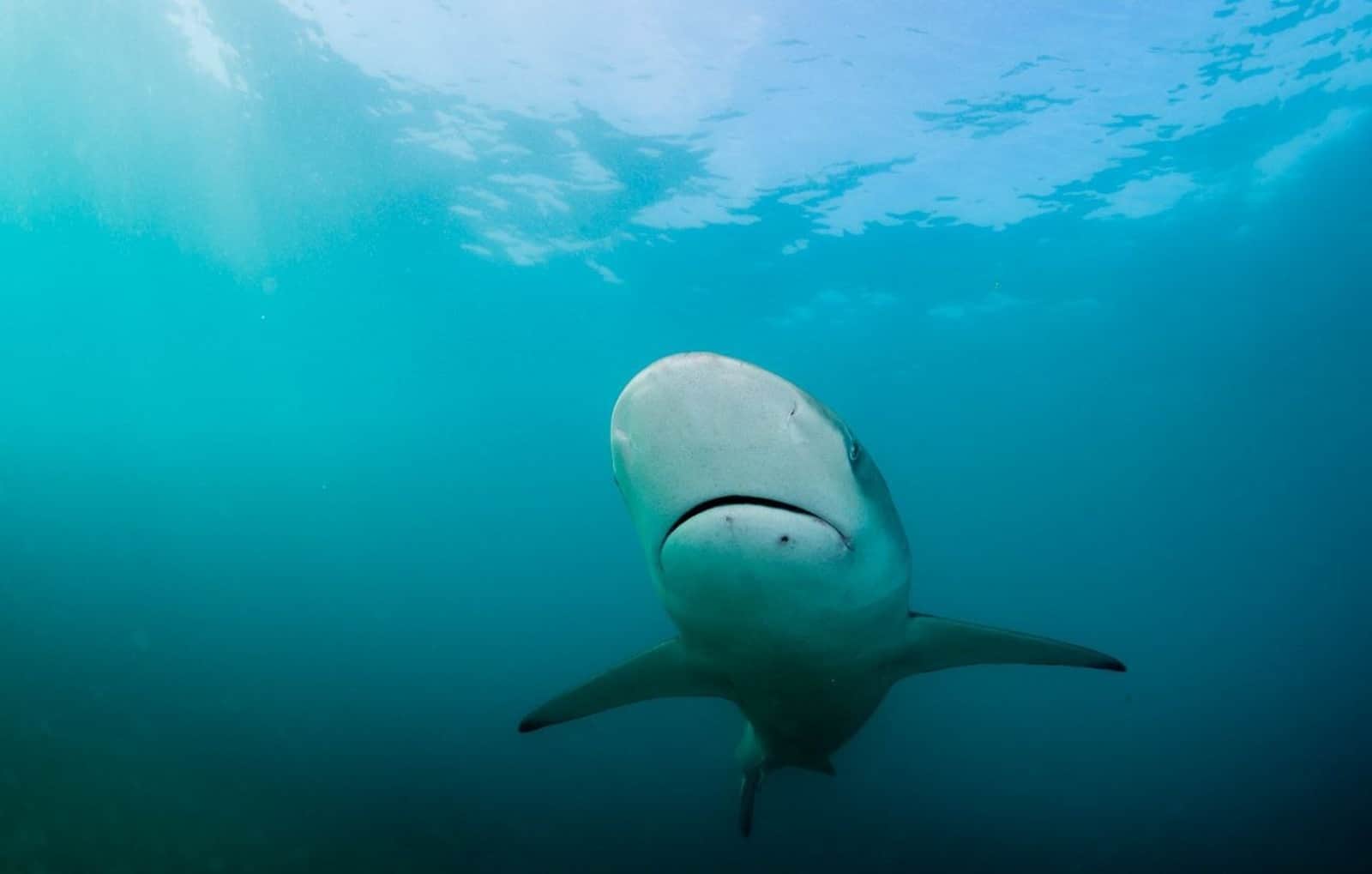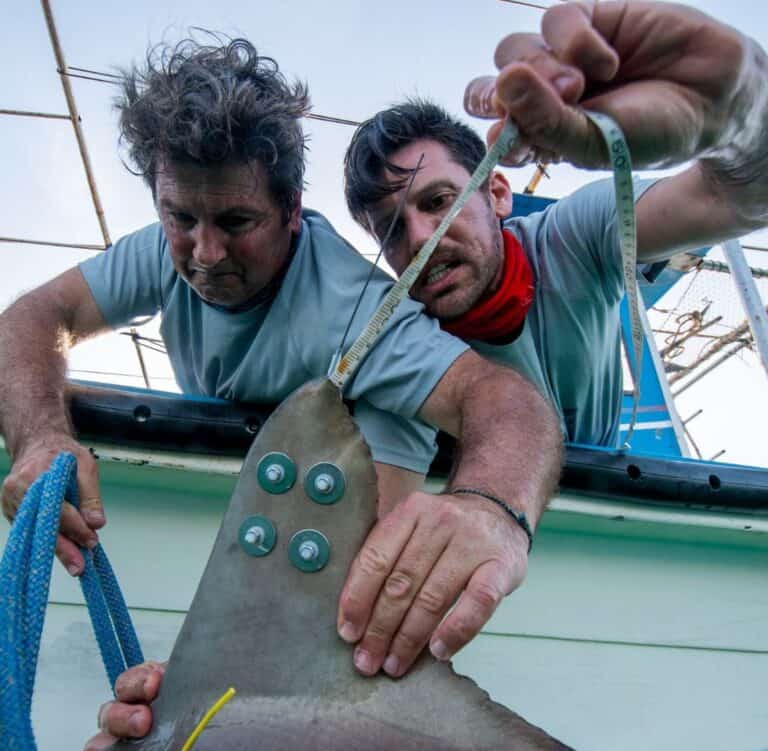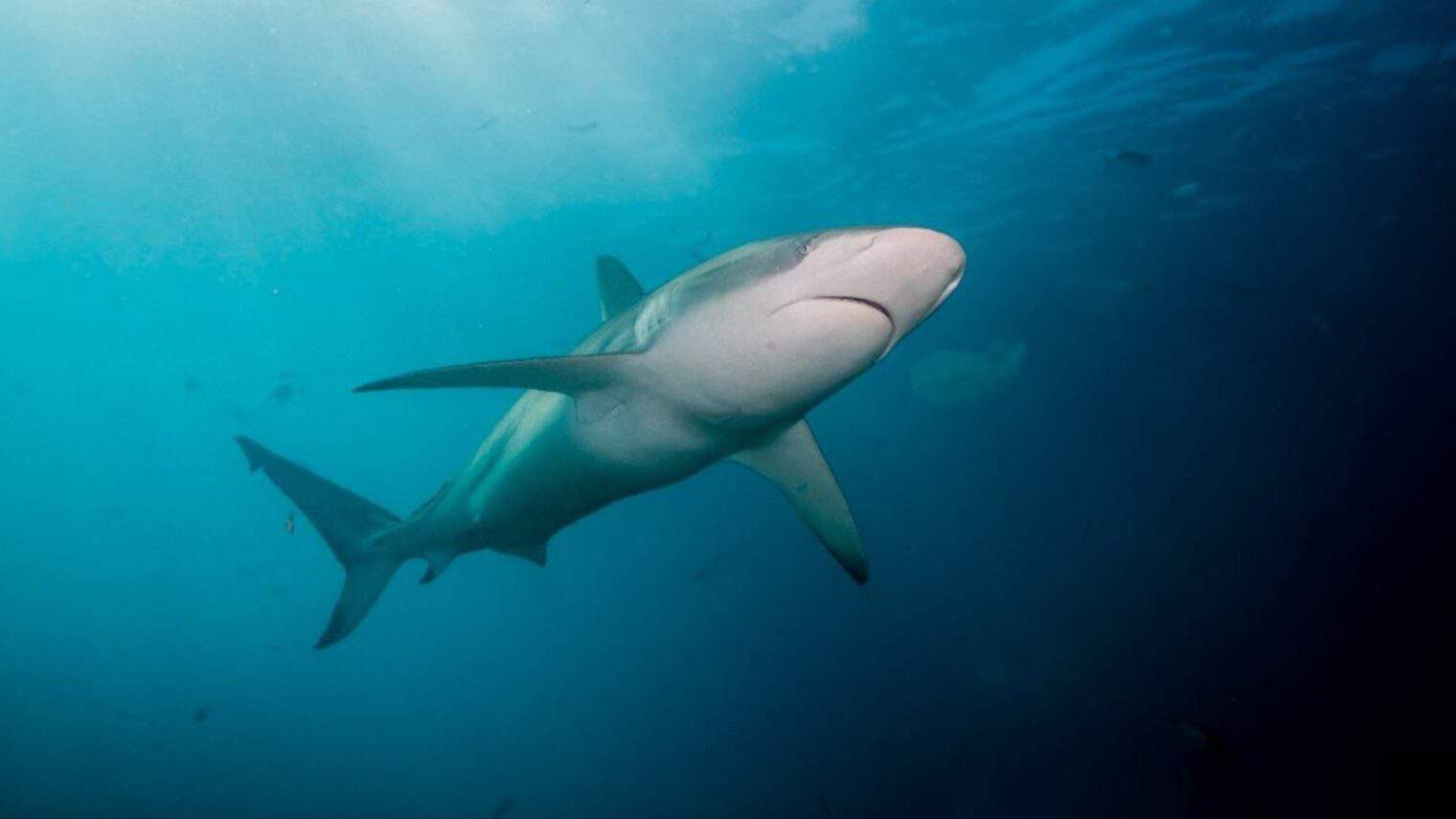If you’ve followed the news recently, you may have noticed there are more and more reports about sharks attacking humans.
Earlier this week, a former professional surfer and the “Pirates of the Caribbean” actor Tamayo Perry was killed by a shark while surfing off Oahu’s North Shore in Hawaii. In December, a man surfing off Maui, also in Hawaii, was attacked near the shore and died of his injuries.
On September 14, a female tourist’s arm was bitten off by a shark at a Red Sea resort near Sharm el-Sheikh in Egypt. The attack occurred just three months after a shark mauled to death a Russian tourist in the resort city of Hurghada, some 65 miles (104km) from Sharm el-Sheikh. Two people were killed by sharks in the exact same location just a year ago.
According to the International Shark Attack File (ISAF) — the world’s only scientifically documented database of all known shark attacks — the overall number of shark attacks on humans is actually on the decline, compared to the past five years. However, the number of “unprovoked” attacks appears to be increasing.

ISAF’s definition of an unprovoked attack is an incident in which “a bite on a live human occurs in the shark’s natural habitat with no human provocation of the shark.”
In 2022, there were five fatal unprovoked shark attacks recorded. In 2023, that number doubled and jumped to 10. In addition, 2023 saw 69 confirmed shark attacks worldwide, both fatal and non-fatal. That figure was higher than the previous five-year average.
Last year saw five fatal unprovoked shark attacks, whereas there have already been seven fatal unprovoked attacks so far this year.
The US and Australia take the first spot in the grim competition of nations with the most registered shark attacks — making up 70 percent of the world’s total.
Sharks are not the problem
If you ask experts why this is happening, you might get a variety of answers, but they will all have one thing in common: sharks are not the problem. In fact, the shark population has declined by more than 70% since the 1970s.

Senior marine biologist Ziv Zemah-Shamir says the decline is due to changes in the climate and, most importantly, overfishing.
“Man is responsible for many global changes. Some of these changes include increased temperatures, which cause changes in currents in bodies of water,” Zemah-Shamir tells ISRAEL21c.
Zemah-Shamir has a PhD in marine biology and is a manager and research fellow at the University of Haifa’s Morris Kahn Marine Research Station in Sdot Yam near Haifa. Prior to that, he served for many years in the Israeli navy as a diver and field commander officer.
He says that one of the most fascinating facts of shark biology is the great distances they travel while foraging for food. They sometimes travel up to 2,500 miles (4,000 km) in an open ocean looking for prey. The direction of water currents plays an important role in marine wildlife migration patterns.

“This is why they now come to places they rarely visited before,” the scientist adds.
Zemah-Shamir says we also cannot discount the effect of growing human population. Comparatively, he says, the number of encounters between humans and sharks is low, considering how many people now have access to bodies of water occupied by sharks.
“Water sports — such as diving and surfing — are also developing exponentially. The more time you spend in the water, the more chances you have of coming across a shark.”
Mistaken identity
A shark researcher at Arizona State University, James Sulikowski, explains that humans are not intentionally on a shark’s menu. The sharks simply follow their prey, such as seals, and find themselves closer and closer to the coast where the likelihood of a human encounter is high.
Zemah-Shamir agrees that the oceans’ top predators can sometimes “mistake” humans for an ill or wounded animal.
“Most of the attacks are directed at surfers and not divers. Sharks hunt ‘bottom up.’ They see something dangling near the surface in the shape that reminds them of their prey, and bite it,” he says.
“When the shark is six meters [20 feet] long, one bite can be enough to kill you.”

According to Zemah-Shamir, there are instances in Egypt and South Africa where sharks are being fed on purpose near the coast to make the predators congregate there and attract tourists.
“Tourists want to go diving with the sharks, and the sharks come if you give them food.”
For instance, in September 2023, a female tourist’s arm was bitten off by a shark at a Red Sea resort near Sharm el-Sheikh in Egypt. The attack occurred just three months after a shark mauled to death a Russian tourist in the resort city of Hurghada, some 65 miles (104km) from Sharm el-Sheikh. Two people were killed by sharks in the exact same location just a year ago.
Protected species
Zemah-Shamir says he is proud that Israel is at the forefront of this issue. It is the only country in the Middle East where sharks are a protected species.
“It’s prohibited to feed them, harm them, fish them and even approach them,” he says. “I don’t recall a single shark attack in Israel, at least not one that ended in a tragedy.”

The researcher says that overfishing not only leads to illegal capture of sharks for their fins, but also destroys their habitat by emptying it of prey.
“Overfishing kills around 100 million sharks worldwide. It’s a devastating number for an animal that takes a lot of time to procreate,” he says. “In addition, 30% of the sharks that are killed get caught by accident.”
Zemah-Shamir adds that sharks are at the top of the marine food pyramid. If they go extinct, the entire pyramid will collapse, taking humans down too.
“We won’t be able to use the sea like we do now. In Israel, most of the water we drink is desalinated seawater. Most of our protein is from the sea. Without sharks, it will be overrun by invasive species. Other species will go extinct. The ecological system will collapse.”
What can be done?
“We need urgent restrictions on fishing to allow the species to recover,” Zemah-Shamir says.
“We need sharks a lot more than they need us.”

















